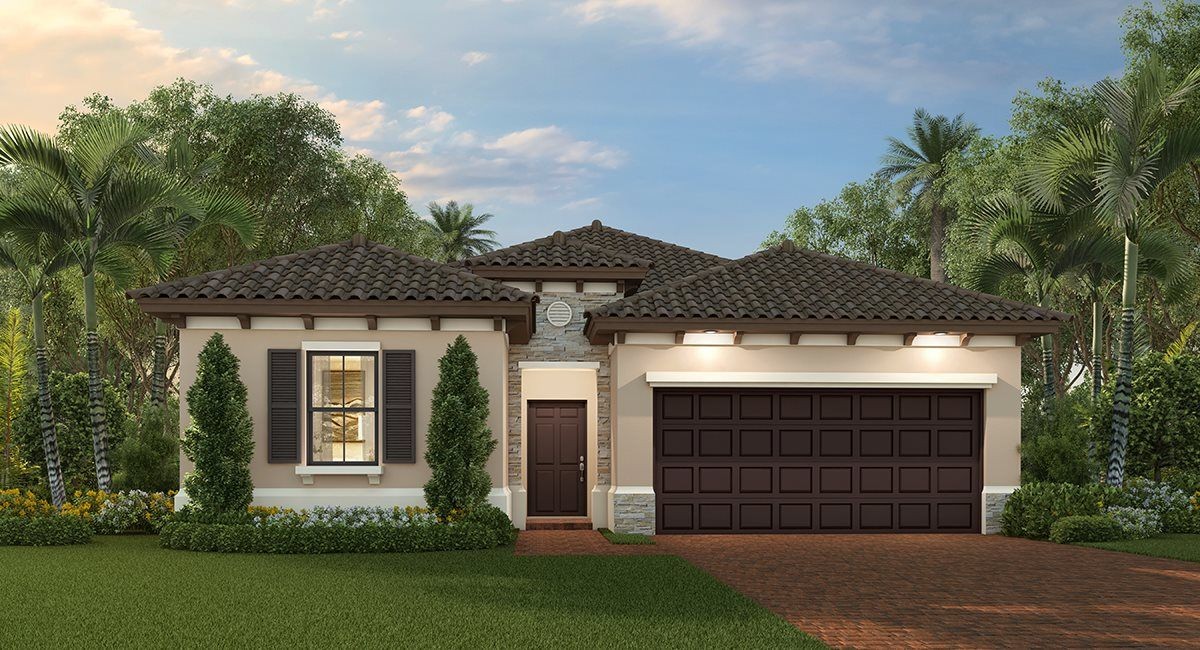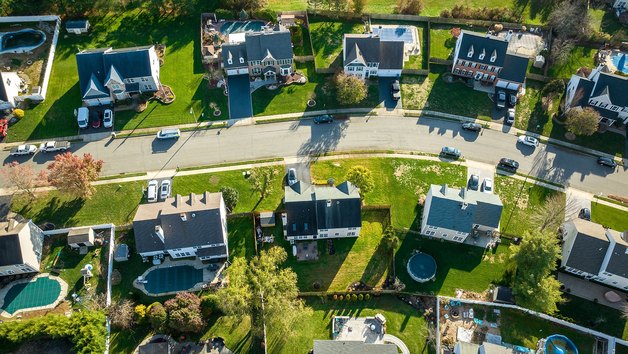

Buying new construction presents numerous advantages over purchasing existing homes, from customized features and state-of-the-art amenities to the peace of mind that comes with a home free of pre-existing issues. Imagine a home perfectly tailored to your needs and preferences, built with the latest innovations in sustainability and efficiency. This article delves into the various benefits of investing in new construction, exploring the key advantages and factors to consider before making this significant investment. This comprehensive guide provides practical insights, helping you navigate the process and weigh the long-term value against the initial cost. We’ll discuss topics like energy efficiency, customization options, and potential cost savings, offering a clear overview of the entire process.
Enhanced Customization and Design Flexibility
Tailoring Your Dream Home
One of the most significant advantages of buying new construction is the unparalleled opportunity to personalize your dream home. With a new building project, you’re not confined to adapting to pre-existing layouts or architectural styles. You can work directly with the builder and design team to incorporate your preferences and desires into every aspect of the home’s design, from kitchen cabinets and bathroom fixtures to the overall aesthetic. A custom home offers an unparalleled opportunity to create a living space that perfectly suits your needs and lifestyle. This customization can range from the small details, like the type of flooring or paint color, to the grand features, like the size and layout of rooms or outdoor spaces.
Innovative Design and Technology Integration
Modern builders leverage innovative design techniques and integrate cutting-edge technology to create homes that are both aesthetically pleasing and highly functional. Smart home technology is becoming increasingly prevalent in new constructions, with features such as automated lighting, climate control, and security systems. This incorporation of technology significantly elevates the home’s comfort and convenience. You can use your smartphone or voice assistant to manage various aspects of your home, ensuring maximum efficiency and control.
Cost-Effective Solutions for Future Needs
Long-Term Savings and Value
Buying new construction isn’t always more expensive compared to buying existing homes; it can sometimes provide more cost-effective solutions for future needs, particularly in terms of energy efficiency. Modern construction techniques often incorporate energy-efficient materials and advanced insulation, significantly reducing your long-term energy bills and lowering your carbon footprint. Consider a new construction project as a potential investment. This long-term value might be greater than existing properties, especially in dynamic markets.
Addressing Potential Issues in Existing Homes
An often-overlooked benefit is avoiding the hidden costs associated with unforeseen repairs and renovations that could arise when purchasing an existing home. You won’t have to worry about asbestos, lead paint, or other potentially hazardous materials. A new construction comes with the confidence of a warranty and the assurance that all materials and systems meet current building codes, reducing the risk of future problems and costs.
High-Quality Materials and Modern Features
Durability and Innovation
New constructions often utilize high-quality materials and sophisticated designs. The use of modern, durable materials enhances the home’s structural integrity and longevity. This translates into reduced maintenance needs and fewer issues over time. Modern homes are also equipped with state-of-the-art appliances and fixtures, providing advanced functionality and a luxurious experience.
Value Proposition
Consider a case study of two similar-sized homes—one new construction and one existing home—that are in the same area. While the new construction might have a higher initial price, the long-term value proposition is often superior. Over time, the reduced maintenance costs and increased efficiency of the new construction often compensate for the initial premium. Therefore, it’s essential to evaluate the long-term benefits rather than simply comparing the initial prices.
Faster Completion and Reduced Stress
Streamlined Processes
Buying new construction often involves a faster completion process. You won’t have to deal with delays from getting inspections or approvals, and the construction process is often streamlined to meet your timeline expectations. This can reduce the overall stress and time commitment associated with purchasing a home, making the entire process more efficient.
Minimizing Delays
This streamlined approach can lead to minimized delays and complications, unlike with a pre-owned home, which can have unknown issues that prolong closing timelines, or even require significant repairs to meet your standards. Building a new home often provides more certainty on the timeline and overall investment.
The Impact of Green Building Practices
Sustainable Living
Building a new construction gives you the chance to incorporate sustainable building practices—such as the use of recycled materials or improved insulation. These strategies can significantly reduce your environmental footprint and lead to significant savings on energy bills over time. The use of renewable energy sources, like solar panels, or incorporating passive design elements, can further contribute to the overall sustainability of the home.
Reduced Environmental Impact
Consider homes built with passive solar design or incorporating renewable energy sources, contributing to a smaller carbon footprint and showcasing a commitment to environmental responsibility. The market demands for sustainable building practices are increasing, reflecting the growing awareness and concern regarding environmental factors related to property ownership.
Q: What are the potential downsides of buying new construction?
Q: How do I choose a reputable builder for my new construction project?
A: One potential downside of buying new construction is the upfront cost, often higher compared to purchasing an existing home. Additionally, unexpected delays or changes in plans during the construction process can potentially add to the costs and timelines. However, many builders offer flexible payment options and warranties, which can mitigate these concerns.
A: When choosing a builder, prioritize those with a solid reputation and a proven track record. Seek recommendations from friends, family, or industry professionals. Look for builders who are licensed and insured. It’s wise to visit their previous projects and assess their quality of work. Request detailed contracts and ask about their warranty policies, as well as their experience with similar projects. Thoroughly researching and vetting potential builders is crucial to ensure a smooth and successful building process.
In conclusion, buying new construction offers a wealth of advantages, from personalized design and energy efficiency to the peace of mind that comes with a brand-new home. While the initial investment might be higher, the long-term benefits, including reduced maintenance, increased value, and modern features, often make it a worthwhile choice for discerning homebuyers. If you’re considering a new construction project, it’s recommended to consult with a financial advisor, a real estate professional, and a builder to weigh the costs and benefits based on your individual needs and financial situation. Don’t miss out on the opportunity to create a home that perfectly suits your lifestyle! Contact a local builder today for a personalized consultation.
